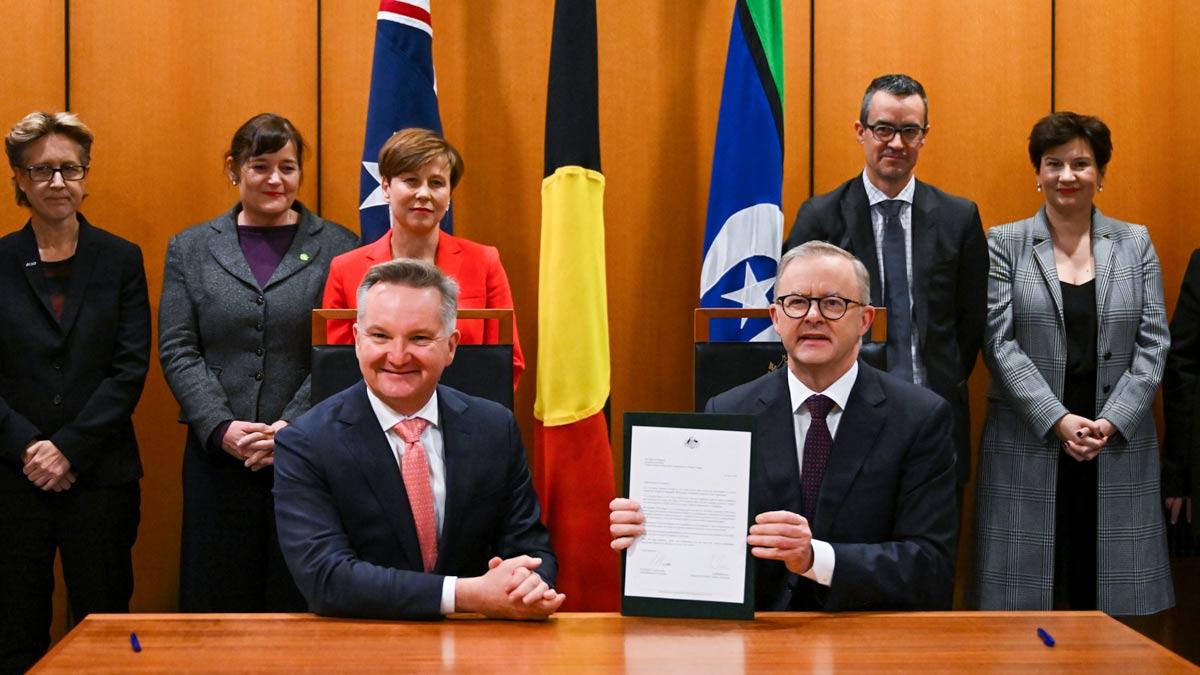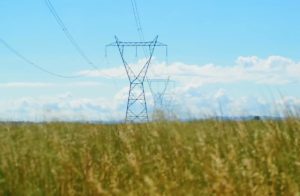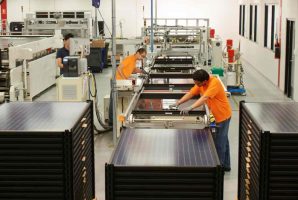Australia’s new government are definitely at their happiest when they are not talking about the extraction, sale and eventual combustion of fossil fuels. This week, they aren’t having a great time.
In the process of entering negotiations to ensure the passage of their ‘climate bil’, which legislates their 43% 2030 climate target along with a collection of procedural and administrative changes, the Greens, led by Adam Bandt, have insisted that Labor put a stop to new fossil fuel extraction projects.
Their argument is solid. Ripping carbon from the ground is one of Australia’s most climate-intensive activities, particularly for methane, which is released directly into the atmosphere during the process. And when those fuels are burned overseas, they do most of their harm. Australia has outsized responsibility for climate damage both domestically, and in supplying the cause of climate change.
"You don't put the fire out while you're pouring petrol on it":@AdamBandt says he wants a discussion on how quickly Australia gets out of coal and gas #Insiders #auspol pic.twitter.com/jx3W9u2Yau
— Insiders ABC (@InsidersABC) July 16, 2022
Labor’s climate bill won’t reach the senate until September. That is a long, long time for negotiations to drag on, and Bandt has been insistent about putting an end to the opening of new coal and gas extraction projects in Australia. What I think is really worth highlighting briefly here is that, when Band talks about not pouring petrol on the fire as you try to put it out, the Labor party’s current position is about 3% ‘putting the fire out’ and 97% ‘pouring petrol on it’.
No – really. I just put the numbers into a spreadsheet, and I think this is roughly correct.
Labor erasing its own climate policies
Labor’s climate policy modelling, done by Reputex, gives a number of total emissions avoided by Labor’s policies between 2023 and 2030, for the three sectors that it addresses. That’s 180 megatonnes of carbon dioxide equivalent (MTCO2-e) for the electricity sector (mostly through the government’s transmission line policies), 173 MTCO2-e for the industry sector (excluding a whopping 40 MTCO2-e of offsets, which shouldn’t count towards real-world reductions but are banked in the modelling) and a measly 13 in transport (just under a 4% cut in transport emissions to the end of the decade – I had to calculate that one manually because the report very sneakily includes reductions up to 2035, rather than 2030 like the rest).
Up to 2030, that adds up to around 366 MTCO2-e, in total, over seven years. If you (wrong, in my opinion) include offsets, that adds up to a 43% reduction on 2005 levels (or, about a 23% reduction from now to then).
Emissions from Australia’s fossil export industry already dominate the national domestic figures. These are sort of covered under Labor’s policy, under their intention to tweak the Coalition government’s Safeguard Mechanism, but Reputex’s modelling explicitly says these companies ought to have free reign to use offsets instead of actually reducing emissions, which means we can safely disregard the effect of Labor’s policies on the coal and gas mining industries in this calculation.
A report released last year by The Australia Institute calculates domestic and ‘exported’ (when the fuels are burned overseas) emissions from extractive industries, both for existing projects and for the list of planned new projects (using the version from late 2020).
Purely to illustrate the magnitude of the problem at hand, let’s assume 100% of the planned projects are approved. Each year, that’s nearly 150 MTCO2-e of additional domestic emissions, and a whopping 1,400 MTCO2-e from exported emissions (mostly from coal). Multiplying by seven to match the time period of Labor’s policies, this is what unchecked new fossil fuel mining looks like, compared to Labor’s policies:
If we exclude the emissions that occur when the fuels are burned overseas, the emissions reductions from Labor’s policies are wiped out:
Even if we assume only 50% of the planned fossil fuel projects are approved, this is what the mix looks like:
There isn’t any good way to spin these numbers. Even if you only compare 1 year of new fossil projects to seven years of reductions, the reductions are overwhelmed. When The Australia Institute say these expansion plans are equivalent to building several hundred new coal power plants, they are being very literal and precise.
It sounds like hyperbole but it is real. The huge fossil fuel projects barrelling down the pipeline in Australia will continue to be strong drivers of emissions growth in and out of Australia, acting counter to any reductions that occur in the electricity sector. It’s a dynamic that I’ve described here before. As Climate Analytics’ Bill Hare writes in The Conversation, the ultra-polluting Scarborough-Pluto gas project alone could make Labor’s already-too-weak 43% target impossible to achieve.
Adam Bandt is under-describing the problem. Labor is pouring a full tanker of petrol onto the fire, while spraying it with a plastic water pistol at a distance.
The cleanest, most beautiful coal
Given how stark these numbers are, you’d think Labor’s leader, Anthony Albanese, would have workshopped some complex messaging. Nope: he’s out there repeating the lines run by Malcolm Turnbull and Scott Morrison, claiming that Australian coal is so beautiful and clean that to not export would be the real climate crime.
Prime Minister @AlboMP on the Greens' push for a commitment to no new coal and gas projects for export: "That's not the policy of the Labor Party, and we won't be supporting it, because that would have a devastating impact on our economy." #abc730 pic.twitter.com/XSGWUMfjQb
— abc730 (@abc730) July 26, 2022
It’s a line that was debunked by AAP Fact Check last year. The differences in ‘grades’ of coal are so minute as to make Albanese’s argument essentially meaningless. He also argues that if Australia reduced or ceased fossil fuel exports, that supply would simply be replaced by coal and gas from other countries. It sounds like it might be reasonable, but the most recent research suggests that lost supply is only partially replaced, and sometimes barely replaced at all. This is something that was highlighted in the Dutch court ruling against Shell last year, which references a UN report:
https://twitter.com/KetanJ0/status/1427623075894464520
As CoalWire’s Bob Burton points out on Twitter, it doesn’t even really matter. Australia’s export quality intentionally decreased over the past ten years, as China demand cheaper, higher ash content thermal coal.
Australia’s government is doing what other extractive-but-progressive countries, like Canada and my home Norway, are doing. That is attempting to excuse, downplay and diffuse any meaningful discussion of what it means to supply the cause of climate disasters, and aggressively greenwash the companies supplying the fossil fuels. A neat example is Norway’s state-owned fossil fuel company Equinor, with a project in Canada:
https://twitter.com/KetanJ0/status/1512265132730040320
The eagerness with which the government is supporting CCS, offsets, the weak Safeguard mechanism and mad new ways of combining the three speaks to their core priority – protecting fossil fuel exports, even if it means delaying domestic emissions reductions and badly missing targets.













